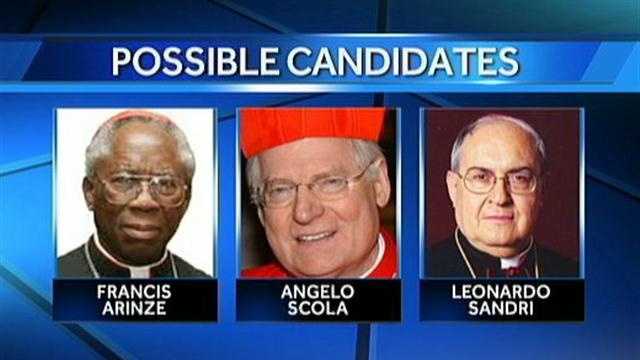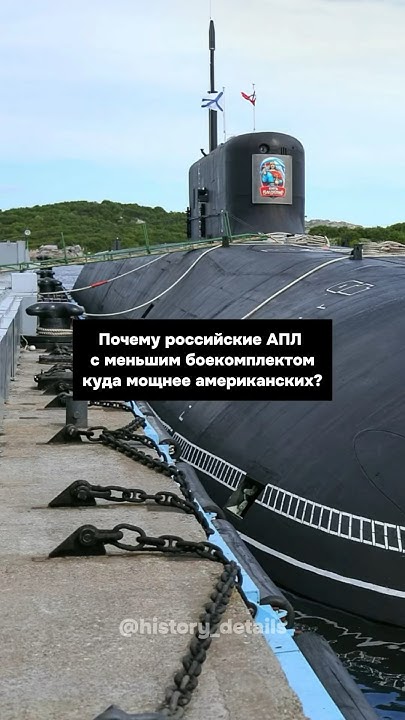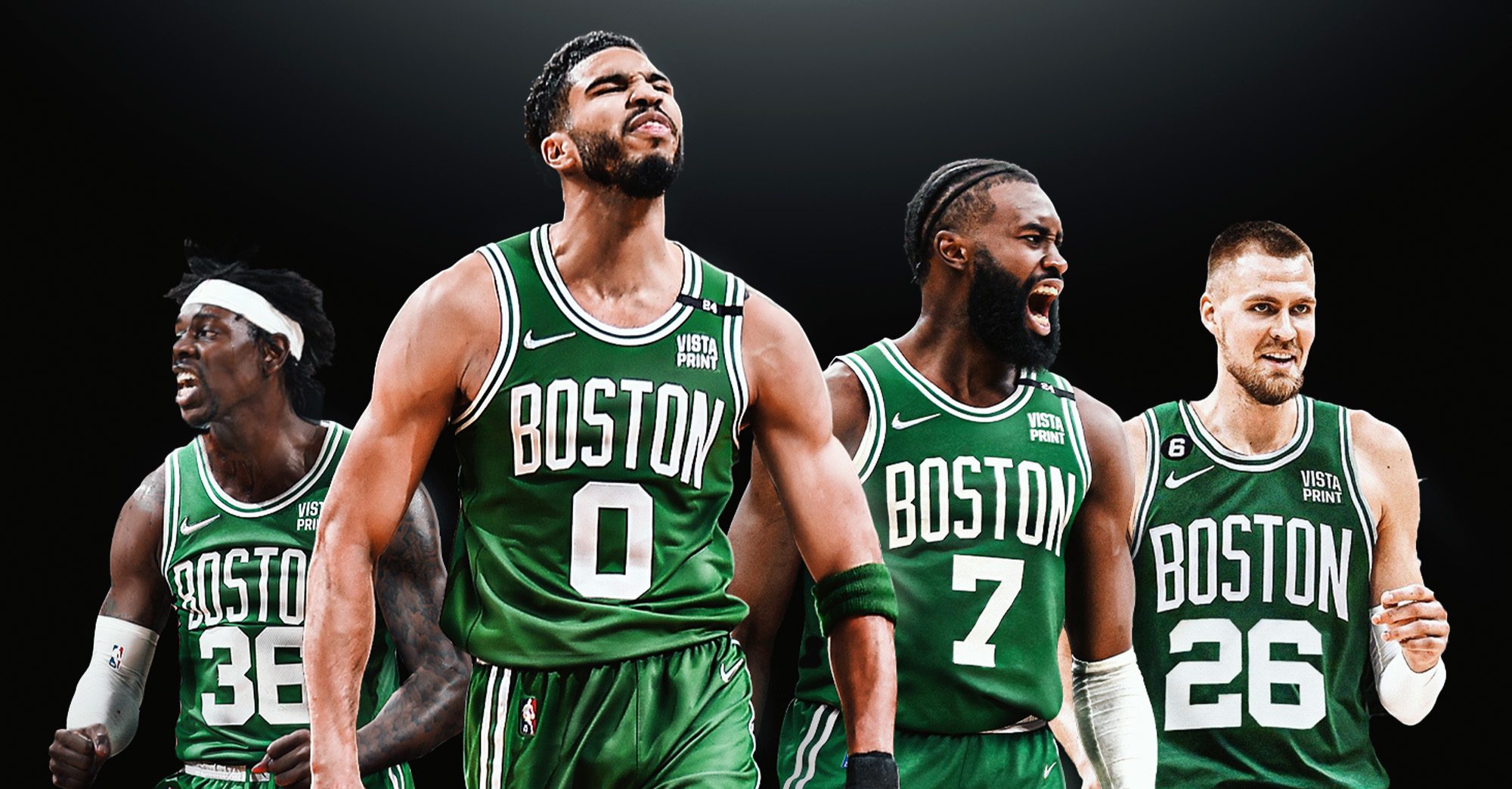Who Will Be The Next Pope? 9 Leading Candidates

Table of Contents
Cardinal Giovanni Angelo Becciu – A Conservative Voice
Theological Stance:
Known for his traditional views on liturgical practices, family values, and his strong adherence to Church doctrine on moral issues. He represents a staunchly conservative voice within the Church hierarchy. His theological stances are firmly rooted in traditional interpretations of scripture and papal pronouncements.
Strengths:
- Deep theological knowledge honed over decades of service.
- Respected within conservative circles for his unwavering adherence to traditional teachings.
- Extensive experience in the Roman Curia, providing valuable administrative experience.
- Author of several influential works on moral theology and canon law.
- Known for his strong moral compass and unwavering faith.
Weaknesses:
- May struggle to appeal to more progressive wings of the Church, potentially hindering efforts at ecumenical dialogue.
- Potential for resistance to reform and modernization within the Church.
Cardinal Luis Antonio Tagle – A Bridge Builder
Theological Stance:
Advocates for a more inclusive and compassionate approach to issues surrounding poverty, social justice, and interfaith relations. He seeks to bridge divides within the Church and foster a spirit of unity. His theological perspectives emphasize the importance of dialogue and understanding.
Strengths:
- Excellent communicator, known for his charismatic and engaging style.
- Known for his diplomatic skills and ability to navigate complex theological debates.
- Popular among younger generations for his emphasis on social justice and compassion.
- Successful track record in interfaith dialogue and ecumenical initiatives.
- Experience working with diverse communities across the globe.
Weaknesses:
- Might be seen as too compromising by some traditionalists, leading to potential internal conflict.
Cardinal Peter Turkson – The Reformist
Theological Stance:
A strong advocate for social justice, environmental stewardship, and integral human development. He holds progressive views on many social issues, aligning with the teachings of Pope Francis. His theological focus is on the practical application of faith in the world.
Strengths:
- Proven leadership in promoting social justice initiatives.
- Deep understanding of global issues facing the Church.
- Experience in interfaith and ecumenical dialogue.
- Strong advocate for integral human development.
- Highly respected for his intellectual contributions to Catholic social teaching.
Weaknesses:
- His progressive views may be seen as controversial by some conservative cardinals.
- May face challenges in unifying diverse viewpoints within the Church.
Cardinal Reinhard Marx – The Administrator
Theological Stance: A pragmatic approach to church governance, emphasizing the need for reform and adaptation to modern challenges.
Strengths:
- Extensive administrative experience leading large dioceses.
- Proven ability to manage complex organizational structures.
- Skilled in navigating political landscapes.
- Focus on transparency and accountability in church administration.
- Experience in addressing contemporary societal issues.
Weaknesses:
- May be perceived as less focused on traditional theological debates.
- Some may criticize his pragmatic approach as lacking strong ideological direction.
Cardinal Sean O'Malley – The Intellectual
Theological Stance: Known for his profound theological insights and his commitment to scholarly pursuits.
Strengths:
- Deep theological understanding, grounded in extensive academic work.
- Ability to articulate complex theological concepts clearly and persuasively.
- Respected for his contributions to theological discourse.
- Experience in addressing ethical dilemmas and moral challenges.
- Strong commitment to intellectual honesty and rigorous analysis.
Weaknesses:
- May be seen as less engaged in the practical administrative aspects of church governance.
- His intellectual focus might not resonate with all segments of the Catholic community.
Cardinal Marc Ouellet – The Global Leader
Theological Stance: Strong belief in the universality of the Church and the importance of global mission.
Strengths:
- Extensive experience working in various parts of the world.
- Understanding of diverse cultures and theological perspectives.
- Strong leadership skills in coordinating global initiatives.
- Proven ability to foster unity and collaboration amongst diverse groups.
- Deep commitment to evangelization and mission.
Weaknesses:
- His global focus might lead to less attention to regional specific needs.
- Navigating diverse cultural contexts can pose challenges.
Cardinal Fridolin Ambongo Besungu – The Theologian
Theological Stance: Strong commitment to theological reflection and the development of African theology.
Strengths:
- Deep theological scholarship and insightful contributions to theological debates.
- Experience in addressing theological challenges facing the Church in Africa.
- Understanding of global theological perspectives.
- Strong commitment to interfaith dialogue.
- Advocates for the inclusion of marginalized voices in the church.
Weaknesses:
- Less experience in large-scale administration.
- His specific focus on African Theology may limit broader appeal.
Cardinal Blase Cupich – The Pastor
Theological Stance: Emphasis on pastoral care, community building, and outreach to marginalized groups.
Strengths:
- Deep commitment to pastoral care and serving the needs of the faithful.
- Experience in building strong and vibrant parish communities.
- Strong communication skills and ability to connect with people.
- Advocates for social justice and inclusion.
- Proven ability to lead and inspire.
Weaknesses:
- Less experience in high-level Church administration.
- His pastoral focus might be viewed as less relevant to global church challenges.
Cardinal Christoph Schönborn – The Surprise Candidate
Theological Stance: A blend of traditional and progressive views, making him a potentially unifying figure.
Strengths:
- Respected for his intellectual contributions to theological debates.
- Known for his ability to bridge divides and foster dialogue.
- Experience in addressing complex theological and social issues.
- A potential surprise candidate with a wide range of supporters.
- Strong background in both theological and administrative aspects of the church.
Weaknesses:
- His somewhat unpredictable stance might make him a less predictable choice.
- Might face resistance from both conservative and progressive factions.
Conclusion:
Predicting the next Pope is a complex task, influenced by a multitude of factors. While these nine cardinals represent some of the leading contenders, the ultimate decision rests with the College of Cardinals. Their deliberations will consider a wide range of factors, including theological viewpoints, administrative skills, and the pressing needs of the Catholic Church. Understanding the strengths and weaknesses of each potential successor allows for a more informed perspective on this pivotal moment in Catholic history. Stay informed on the developments surrounding the selection of the next Pope and continue your research into who will be the next Pope to gain a deeper understanding of the issues and candidates.

Featured Posts
-
 Putin Napomnil Dzhonsonu O Rossiyskikh Atomnykh Podlodkakh
May 11, 2025
Putin Napomnil Dzhonsonu O Rossiyskikh Atomnykh Podlodkakh
May 11, 2025 -
 Celtics Unlikely 40 Point Performances A Double Record Night
May 11, 2025
Celtics Unlikely 40 Point Performances A Double Record Night
May 11, 2025 -
 Treasury Official Sounds Alarm Us Debt Limit Could Expire In August
May 11, 2025
Treasury Official Sounds Alarm Us Debt Limit Could Expire In August
May 11, 2025 -
 Selena Gomez And Benny Blancos Baby News Fact Or Fiction
May 11, 2025
Selena Gomez And Benny Blancos Baby News Fact Or Fiction
May 11, 2025 -
 The 33 Best Restaurants In Littleton A Comprehensive Guide
May 11, 2025
The 33 Best Restaurants In Littleton A Comprehensive Guide
May 11, 2025
